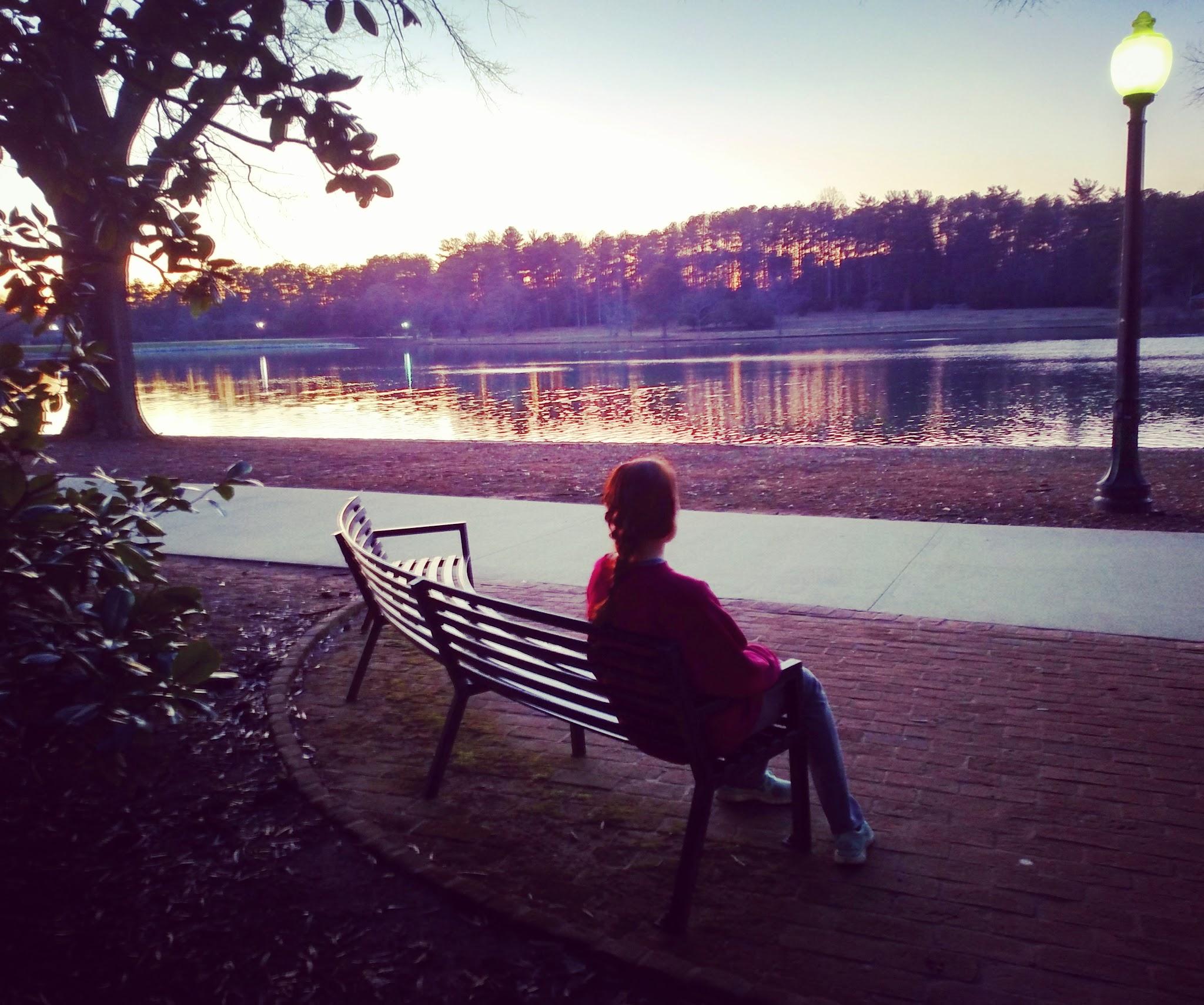
As an editor of The Paladin, I get to see each week’s issue before it is sent to print. However, I like to read it as a regular student would; I like to be surprised by its contents.
When I opened up our Jan. 26 issue and began to read through it, I had to stop when I reached the crime briefs, a feature that we include in our News section. While I had not noticed it during editing that week, the briefs contained four references to “Suicide and Threats” among the more typical bike larcenies and noise complaints.
In a time span of only eight days, four calls regarding suicide were made to the Furman Police Department. As a faithful reader of the crime briefs, I know that this is not typical. These are not isolated incidents — Furman is clearly hurting. As to the exact cause of this hurt, I cannot begin to speculate. However, the fact remains that there is very clearly a significant number of students on this campus who feel suicidal, and something needs to be done. I am not being dramatic when I say this is a matter of life and death.
I would not feel comfortable writing on such matters if I did not personally know the stakes. I entered my freshman year at Furman in the fall of 2013 profoundly depressed, and struggled socially as a result. I slept through freshman orientation and pretty much the whole year. If I was not attending a class or working on homework, I was usually sleeping.
When I returned the next fall for my sophomore year, I decided to make a change. Perhaps, if I kept myself busy enough, I could stave off the overwhelming emptiness that I felt at every waking moment. I gave it a grand effort; I joined several clubs, began tutoring, started writing for the newspaper and embarked upon an ambitious workout regime. For the first month or so, it seemed like it was working. I felt proud of myself.
But the cracks began to appear soon enough. I wasn’t eating. I wasn’t sleeping. And it seemed like I didn’t have a friend in the world — though my parents were always just a phone call away, they were no substitute for a true peer. I was not only in physical pain, but mental anguish. I demanded perfection in my every pursuit, and my physical health tanked as a result. I was sent home after a panic attack, but returned to finish out the semester on the promise that I would cut back and focus on my health.
However, with less activities on my plate, the emptiness returned with a vengeance. Panic attacks became a regular occurrence. If this was how life was going to be, I didn’t want it. A happy future was simply unimaginable.
I ended up leaving before the end of the semester, and did not return in the spring. I spent the spring semester rebuilding — with professional help.
I was lucky — lucky that I had the support of my parents and professors, as well as administrators. Lucky I had good insurance. Lucky that I didn’t act on my suicidal thoughts.
So first, I want to address those reading this who may be depressed: though happiness seems impossible at this moment, it truly is attainable. Please reach out, whether to a friend, a parent, or a professor. If your mental health is making it hard for you to function, I encourage you to seek help.
Now, I want to address the entire Furman community. Too often, we put the burden of reaching out on the vulnerable. However, I know all too well that sometimes when you are stuck in the vicious cycle of mental illness, that is all but impossible. We need to reach out; we need to look for those who have fallen through the cracks — before they wind up in the Crime Briefs.
The Furman community, from administrators down to students, needs to be active, not passive, at this time. There are little things you can do every day that make a difference: saying hello to someone, inviting someone to lunch, or even just asking, “No, really, how are you actually doing?”
On a larger scale, an expansion of community resources devoted to mental health is absolutely crucial if we hope to decrease the instance of mental illness within the student body. Furman needs to invest heavily in preventative mental health care, as the current resources available to students on-campus are simply insufficient. The current counseling center is not enough; an expansion of the staff is sorely needed. Hiring a full-time psychiatrist is an imperative. There is no time to be stingy when the mental and physical well-being of students is at stake.
